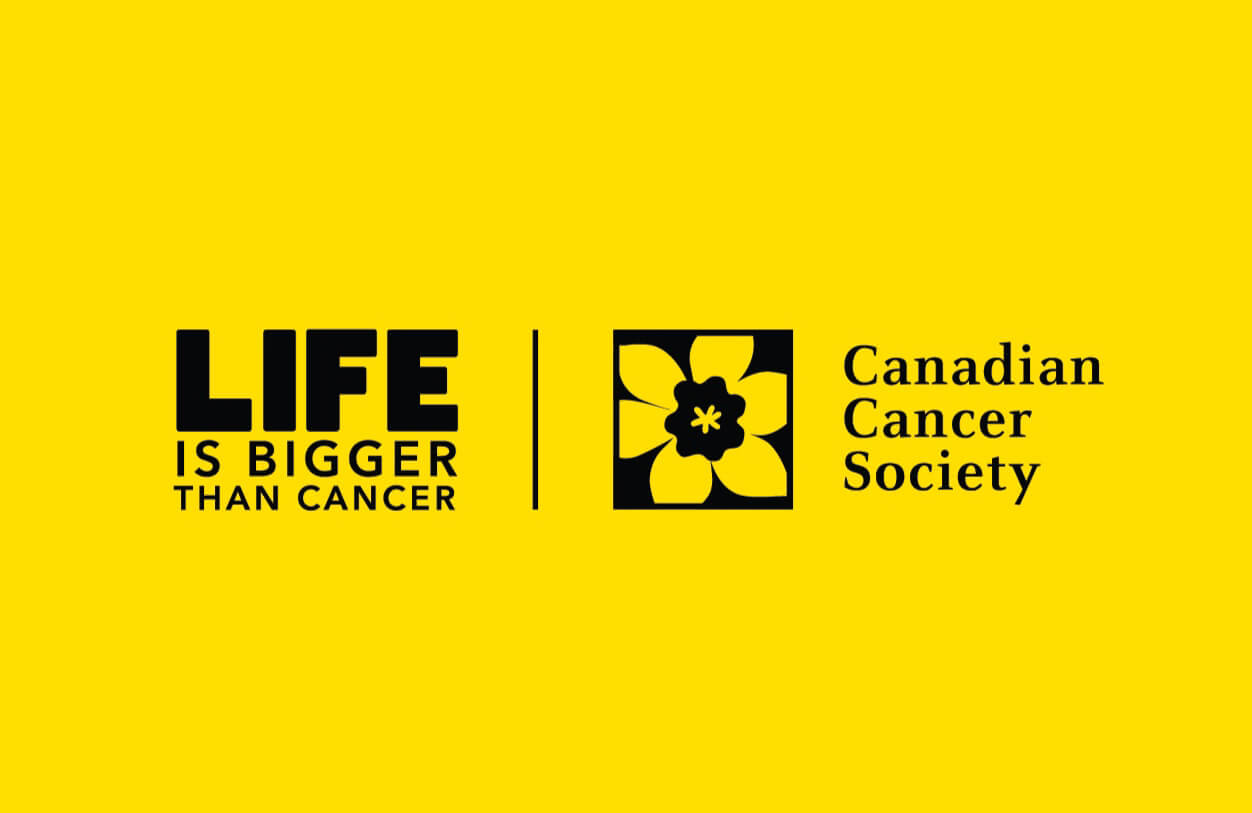A new survey released today by the Canadian Cancer Society (CCS), in partnership with the Angus Reid Institute, highlights growing concerns among working-age Canadians regarding the financial burden of a cancer diagnosis. Released on World Cancer Day, the survey reveals that nearly 80% of Canadians aged 18 to 64 fear they would struggle to save for retirement due to the overwhelming out-of-pocket costs associated with cancer treatment.
The findings shed light on the deep financial strain experienced by cancer patients and their families, extending far beyond medical expenses. Costs related to prescription drugs, home care, assistive devices, travel, accommodations, and family support are placing many patients in a precarious financial position, forcing them to drain their savings and delay retirement plans. The Canadian Cancer Statistics Report, published in December 2024, found that the average lifetime cost of cancer for a patient in Canada is nearly $33,000, a figure that is becoming increasingly difficult to manage for those already struggling with rising living expenses.
Beyond financial insecurity, the survey also highlights concerns about job stability and career progression. Among Canadians in their working years, 28% believe they are likely to lose their jobs if diagnosed with cancer, while 42% fear they would be demoted or miss out on career advancement opportunities. Additionally, 66% expect they would need to take significant unpaid leave to undergo treatment and recovery, further exacerbating their financial worries.
Dr. Stuart Edmonds, Executive Vice President of Mission, Research, and Advocacy at CCS, emphasized the long-term consequences of these financial challenges. “Cancer takes enough from us—it shouldn’t also strip us of our financial future. This data shows that Canadians believe the immediate out-of-pocket costs of a cancer diagnosis would force them to put their retirement and careers on hold, with lasting consequences that extend well beyond their recovery.”
The survey underscores the growing economic impact of cancer, particularly as cancer rates among younger adults continue to rise. The number of early-onset cancer cases (ages 14-49) has increased by 79% since 1990, with nearly 40% of all cancer diagnoses in Canada occurring in individuals aged 20 to 64. As survival rates improve and more patients live longer with cancer, the need for financial relief measures has become increasingly urgent.
One such story is that of Steven Hodges, a cancer survivor who was forced to drain his savings and take out a second mortgage to cover the costs of his treatment. Diagnosed with stage 4 throat and mouth cancer, Steven underwent 40 rounds of radiation and chemotherapy while trying to keep his business afloat. Without access to disability insurance, he was left with $125,000 in cancer-related expenses, forcing him to withdraw from his RRSPs, TFSA, and other savings that took years to build.
“I had to think about my immediate survival,” Steven recalled. “I hit rock bottom when even $100 felt like a financial burden. Cancer didn’t just affect my health—it devastated my financial future.”
Now cancer-free, Steven volunteers with CCS’s Wheels of Hope, helping drive patients to their medical appointments, a service he once relied on himself.
Recognizing the urgent need for systemic change, the Canadian Cancer Society is advocating for policy reforms to reduce the financial burden on cancer patients and their families. Among its key priorities, CCS is calling for the Canada Caregiver Credit to be made refundable, ensuring that all families receive direct financial support. The organization is also urging policymakers to lower out-of-pocket cancer-related expenses, ensure job security for those undergoing treatment, and increase government investments in early cancer detection and prevention programs.
The Canadian Cancer Society is encouraging Canadians to take action by signing a petition to reduce the financial cost of cancer care in Canada. More information can be found at cancer.ca/costofcancer.
World Cancer Day, led by the Union for International Cancer Control (UICC), is an annual initiative dedicated to raising awareness, improving education, and driving policy changes to prevent cancer and ensure equitable access to life-saving treatment. The Canadian Cancer Society is amplifying this global movement by advocating for meaningful changes that will ease the financial burden of cancer on Canadians.
The survey was conducted by the Angus Reid Institute between January 10 and 17, 2025, among 2,044 adult Canadians. It was conducted in English and French, with a margin of error of +/- 1.5 percentage points, 19 times out of 20.
The Canadian Cancer Society is committed to saving and improving lives through cancer research, advocacy, and patient support services. By funding groundbreaking research, providing compassionate care, and influencing public policy, CCS strives to create a future without cancer.
For more information, call 1-888-939-3333 or visit cancer.ca.

